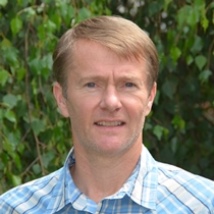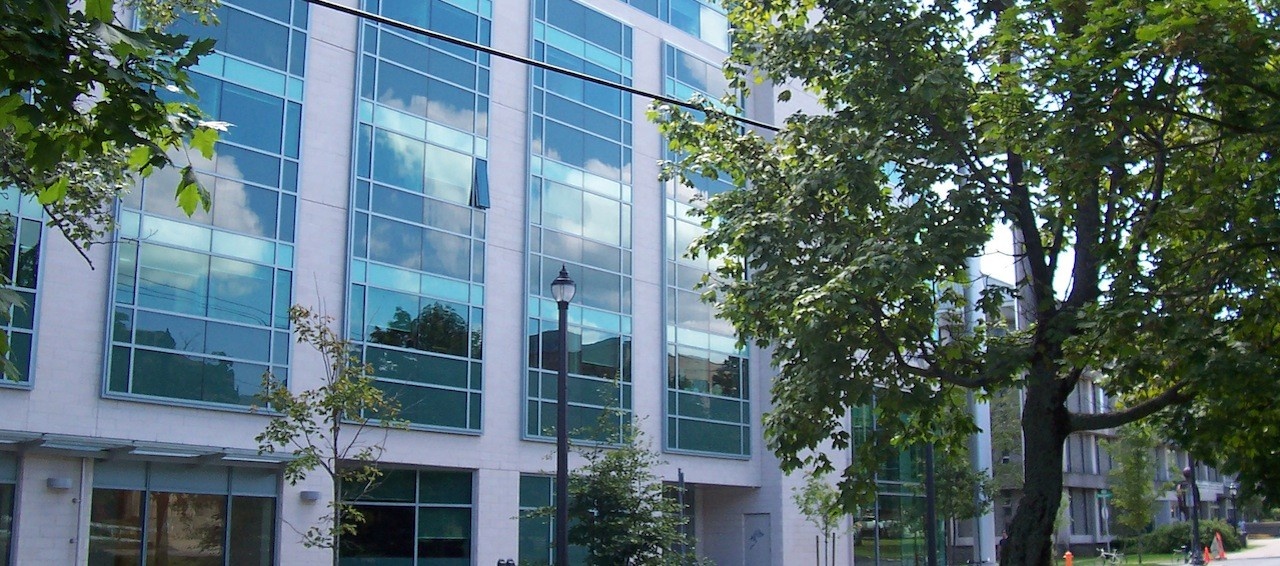Health and Environmental Justice
Creating healthy, vibrant communities for all
Health equity and environmental justice research at SRES looks at the impacts of environmental hazards on the health of particular groups, such as children, indigenous peoples, people living in poverty, and non-human species and communities.
With United Nations declarations on issues of justice, we cannot assume everyone is coming into a situation at a position of equality. To achieve justice, we need equity. Traditional research in this area has tended to stop at identifying injustices. The research we carry out at SRES moves beyond identification to action and positive change.
Translating knowledge into action
As a graduate student, you can make a real difference by engaging stakeholders for their perspectives, helping communities make better decisions and influencing policy. Here are just a few examples of the many research projects you could be involved in:
- mapping community priorities to see where differences are happening and how to address them
- quantifying air pollution from the Alberta oil sands on indigenous land
- investigating the health of marginalized communities near toxic industries in Nova Scotia
- supporting aboriginal children with asthma鈥攁nd their parents
- planning for aboriginal hospice palliative care in rural and remote British Columbia
Find out what our researchers are working on:
 |
Karen Beazley
|
 |
Tony Walker
Dr. Walker focuses on environmental pollution arising from industrial facilities adjacent to communities, including minority groups. Recent research has focused on atmospheric and effluent emissions from a kraft pulp and paper mill located near a First Nations community in Nova Scotia. |
